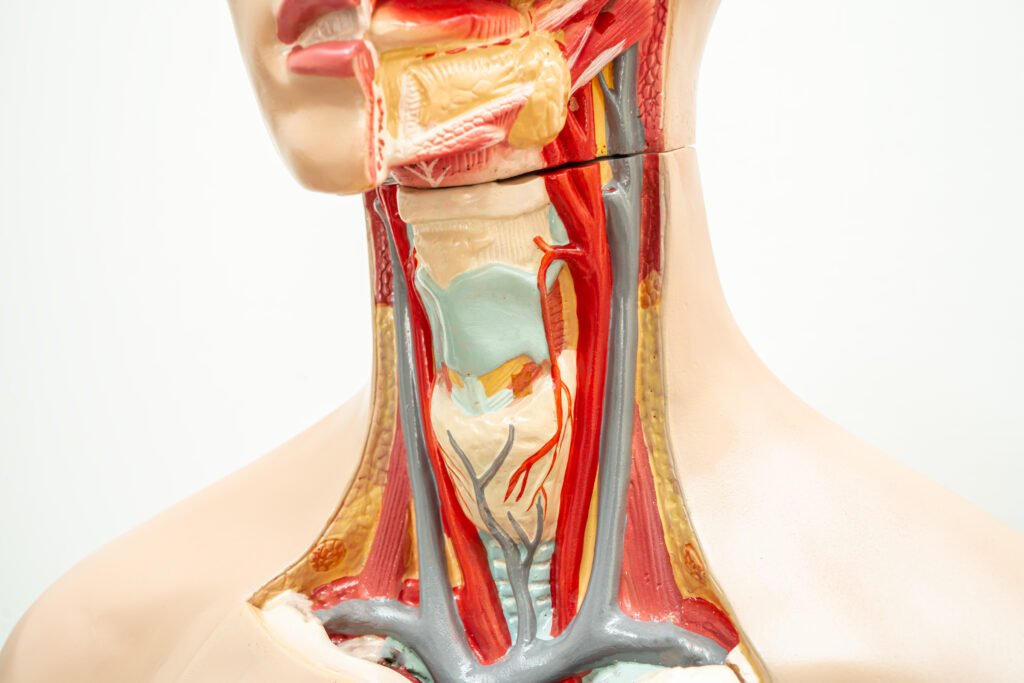At the base of your neck is a little but vital organ called the thyroid gland. It generates hormones that control energy levels, metabolism, and a host of other essential bodily processes. Thyroid dysfunction can result in a variety of symptoms, leading many people to question, how do you know you have thyroid problems?
T3 and thyroxine (T4) are the two primary hormones produced by this gland. Your body need these hormones to process energy, and an imbalance in them can cause major health issues. The secret to properly managing your health is being aware of the symptoms of thyroid malfunction.
What Are Thyroid Problems?
In the long run, thyroid disorders can lead to more serious health problems if they are not treated. Thyroid problems are caused by the gland producing too much or too little hormone, which can impact your metabolism and cause symptoms that can interfere with your daily life.
Although goiter, thyroid nodules, and thyroid cancer can occasionally occur, hypothyroidism and hyperthyroidism are the most prevalent thyroid conditions. Each of these circumstances could make people wonder, how do you know you have thyroid problems?
Hypothyroidism (Underactive Thyroid)
The thyroid slows down bodily functions when it produces insufficient hormones, a condition known as hypothyroidism. Hashimoto’s thyroiditis, an autoimmune illness in which the thyroid is attacked by the immune system, is frequently the cause of the disorder.
Hyperthyroidism (Overactive Thyroid)
A thyroid gland that is overactive that produces too many hormones is the cause of hyperthyroidism. Another autoimmune issue, Graves’ disease, is commonly linked to this problem. It causes noticeable and occasionally severe symptoms by speeding up metabolism.
How Do You Know You Have Thyroid Problems?
The many symptoms of thyroid dysfunction are frequently contingent upon the overactivity or underactivity of the gland. The symptoms listed below may help you respond to the query, how do you know you have thyroid problems?
Symptoms of Hypothyroidism
Since hypothyroidism frequently develops gradually, its symptoms may not be apparent at first. Typical indicators include:
- Fatigue:One of the main symptoms is persistent fatigue, even after a restful night’s sleep.
- Weight Gain: Even without dietary or exercise modifications, unexplained weight gain might be a sign of hypothyroidism.
- Cold Sensitivity:Even in warm settings, feeling abnormally chilly is a typical sensation.
- Dry Skin and Hair: Hair loss or thinning may occur, and skin may become dry and rough.
- Constipation: Constipation and other digestive problems might result from a slow metabolism.
- Depression or Brain Fog: People frequently complain of having trouble focusing or feeling cognitively sluggish.
If you encounter many symptoms, you may begin to ask yourself.
Symptoms of Hyperthyroidism
In contrast to hypothyroidism, hyperthyroidism accelerates body processes. Some of the symptoms are:
- Weight Loss: Weight loss without effort is sometimes a sign of an overworked thyroid.
- Rapid Heartbeat: Palpitations or the sensation that your heart is pounding are important indicators.
- Anxiety or Nervousness: A common symptom of hyperthyroidism is uneasiness or restlessness.
- Heat Sensitivity: It’s normal to perspire excessively and feel uncomfortable in heated settings.
- Tremors:There may be a little trembling of the hands or fingers.
- Insomnia: Having more energy might make it difficult to fall or stay asleep.
It’s critical to inquire how you recognize you have thyroid issues and to see a doctor if these symptoms appear out of the blue.

Although anybody can have thyroid issues, some people are more susceptible than others. For example, thyroid disorders are far more common in women than in males, particularly after the age of 50.
A big part is also played by family history. If you have family members who suffer from autoimmune diseases or thyroid problems, your risk increases. Hormonal changes such as pregnancy and menopause might also raise the risk of thyroid dysfunction,how do you know you have thyroid problems?
Moreover, autoimmune diseases such as lupus, rheumatoid arthritis, or type 1 diabetes are risk factors. If any of these apply to you, it’s a good idea to keep a careful eye on your health and question yourself, how do you know you have thyroid problems?
Diagnosing Thyroid Problems
How can you tell whether you have thyroid issues? This topic frequently necessitates a professional assessment. If the thyroid is the cause, doctors will look at your signs, medical history, and results from diagnostic testing.
Imaging and Biopsy
Your doctor could prescribe an ultrasound if they find a thyroid tumor or swelling. Finding nodules or other anomalies is aided by imaging. For ruling out thyroid cancer, a biopsy may be necessary in some situations, how do you know you have thyroid problems?
Treatment Options
Whether you have hyperthyroidism, hypothyroidism, or another thyroid condition will determine how you are treated. The good thing is that, if identified, thyroid issues are very curable.
Managing Hypothyroidism
Levothyroxine and other regular hormone replacement therapy are the main treatments for hypothyroidism. Over time, this drug reduces symptoms and returns hormone levels to normal.
Managing Hyperthyroidism
For hyperthyroidism, treatment options include:
- Antithyroid Medications:As a result, the thyroid produces less hormone.
- Radioactive Iodine Therapy: The thyroid gland shrinks or is destroyed as a result of this medication.
- Surgery: Thyroid gland ectomy, either partial or whole, may be required in extreme circumstances.
In addition to medical treatment, lifestyle modifications such as regular exercise, stress reduction, and a balanced diet help promote thyroid health.
When Should You See a Doctor?
It’s critical to consult a healthcare professional if you experience ongoing symptoms such as neck swelling, unexplained weight fluctuations, or exhaustion. If left untreated, thyroid issues can deteriorate over time and result in serious mental disorders, heart disease, or infertility.
Your physician can answer your questions and guide you through the diagnosing process, how do you know you have thyroid problems?
Conclusion
Your thyroid may be small, but its impact on your body is immense. Recognizing the symptoms of thyroid dysfunction—whether it’s fatigue, weight changes, anxiety, or swelling in the neck—is the first step toward taking control of your health. By staying proactive and informed, you can work towards a healthier, more balanced life. Applying the right strategies, from early diagnosis and medical treatment to balanced nutrition and stress management, can help you regain control over your well-being and energy levels.
Don’t wait to take action! If you suspect thyroid issues, consult a healthcare professional and start implementing the necessary changes today. Every step you take toward better health—from seeking medical guidance to making lifestyle improvements—moves you closer to feeling your best. Visit Kairos Health and Wellness for expert insights and support on your wellness journey. Embrace the healthiest, most vibrant version of yourself—your body and well-being deserve it!


